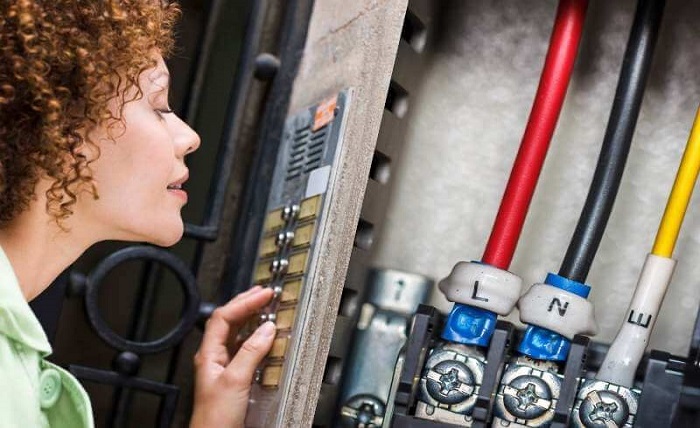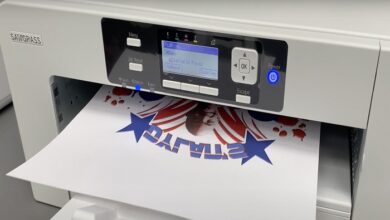Wired vs. Wireless Intercoms for Commercial Buildings

In selecting the best commercial intercom, a crucial decision is whether to choose a wired or wireless system. Although both have their advantages and disadvantages, determining which system to use will depend on your specific requirements and financial plan.
Wired Intercom Systems
Wired intercom systems have been around for a long time and are typically considered more reliable than wireless systems. This is because wired systems use physical wires to connect different components, such as speakers, microphones, and door stations, which means they are not affected by interference from other electronic devices or obstacles in the building.
However, the downside of wired systems is that they require upfront installation costs due to the need for wiring throughout the building. In addition, wired systems may require a local computer or master station to route calls within the building, which can add to the cost and complexity of the system.
In terms of cost, wired intercom systems can be expensive, ranging from 3 to 5 times more than wireless systems. This is partly due to the cost of installation, but also because wired systems typically require more maintenance and are more challenging to upgrade or modify.
Despite these drawbacks, wired intercom systems are still an excellent option for larger buildings or those that require a high level of reliability and security.
Wireless Intercom Systems
Wireless intercom systems, on the other hand, have become increasingly popular in recent years due to their flexibility and scalability. Unlike wired systems, there is no need for hardwired connections to the receiving station, which means they can receive calls wirelessly on any device, including smartphones, tablets, and computers.
This makes wireless systems more convenient for employees who may not always be at their desks or near the intercom station. In addition, wireless systems are more scalable and cheaper than wired systems, making them a more attractive option for smaller buildings or businesses with limited budgets.
However, wireless systems do have their limitations. They can be affected by interference from other electronic devices, and the quality of the signal can be affected by obstacles in the building, such as walls or floors. This means that wireless systems may not always be as reliable as wired systems, particularly in larger or more complex buildings.
It is also worth noting that while wireless systems are generally more affordable, the cost can still vary significantly depending on the features and capabilities of the system. For example, a basic wireless intercom system may be relatively inexpensive, but a more advanced system with video and access control capabilities may be more costly.
Ultimately, the choice between wired and wireless intercom systems will depend on a range of factors, including the size and layout of your building, your budget, and your specific needs in terms of reliability, security, and convenience.
If you are unsure which system is right for your office, it is worth consulting with an experienced intercom system provider who can help you assess your needs and recommend the best option for your business.
In conclusion, the choice between wired and wireless intercom systems ultimately depends on the specific needs and circumstances of each building. Wired systems provide reliable communication and may be the best option for smaller buildings or those with limited connectivity. However, they can be costly and require upfront installation costs due to wiring needs. On the other hand, wireless intercom systems offer more flexibility, scalability, and cost-effectiveness, making them a popular choice for most commercial buildings. It’s important to carefully consider the pros and cons of each system type and consult with a professional to determine the best solution for your building’s communication needs. Ultimately, investing in a high-quality intercom system, whether wired or wireless, can improve communication, safety, and productivity in any commercial setting.




